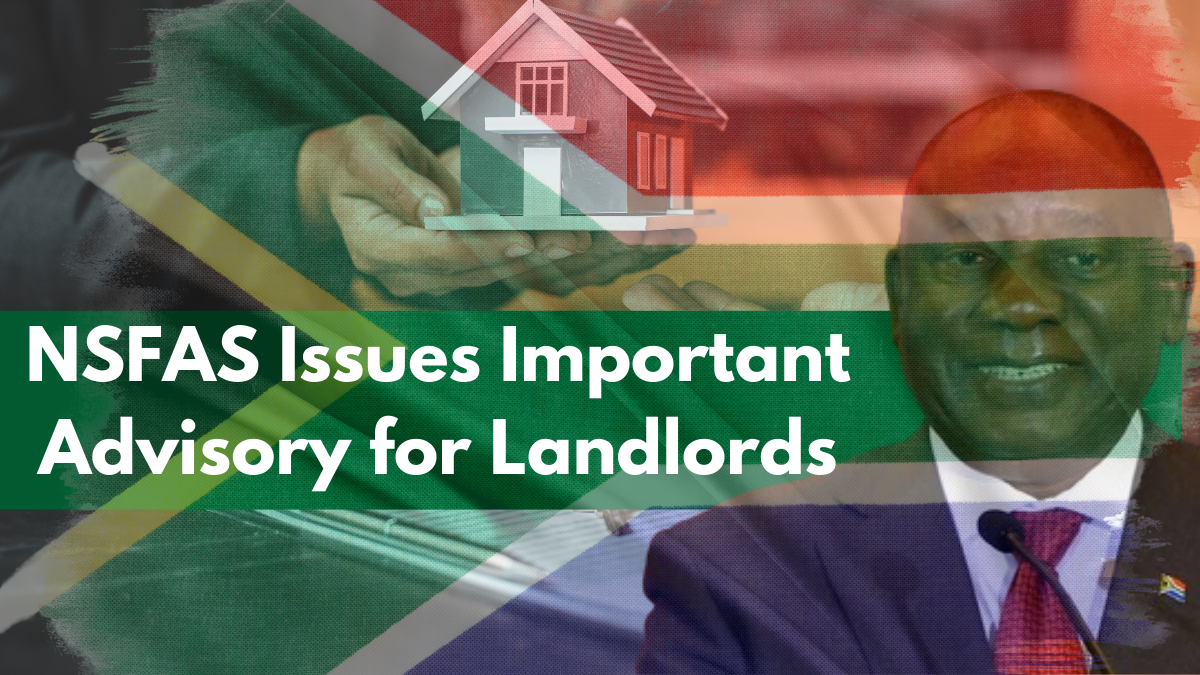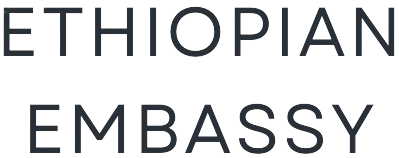The National Student Financial Aid Scheme (NSFAS) provides financial assistance to eligible students in South Africa, ensuring they can access higher education without financial burdens. Among the various allowances offered by NSFAS, the accommodation allowance plays a critical role in enabling students to live near their institutions. However, reports of accommodation providers demanding unauthorized payments have raised concerns. This article explores NSFAS accommodation policies, the rights of students, and the actions being taken against non-compliant landlords.

Understanding NSFAS Accommodation Allowance
The NSFAS accommodation allowance is designed to help students cover housing costs while attending universities or Technical and Vocational Education and Training (TVET) colleges. The financial aid scheme provides full or partial coverage of tuition fees, registration fees, and various allowances, including those for accommodation, food, and study materials.
Students who require accommodation support must formally notify NSFAS and confirm that they will be living in residences approved by the scheme. This ensures that funds are correctly allocated and used as intended.
Unauthorized Additional Charges by Accommodation Providers
Violation of Funding Agreements
NSFAS has received numerous complaints about landlords demanding deposits or additional payments from students despite the fact that the financial aid scheme fully covers accommodation costs. This practice is a direct violation of the Standardized Fixed-Term Lease Agreement signed between NSFAS and accommodation providers.
What the Lease Agreement States
The lease agreement explicitly states:
- Accommodation providers are prohibited from requiring any additional payments, including deposits or top-ups, from NSFAS-funded students.
- Students are not obligated to make any form of prepayment before NSFAS disburses the necessary funds.
- In case of delayed payments from NSFAS, landlords cannot force students to pay rent from their personal funds.
These provisions aim to protect students from exploitation and ensure financial assistance is used as intended.
Consequences of Violating NSFAS Agreements
Legal Implications for Accommodation Providers
Any accommodation provider found guilty of demanding unauthorized payments can face strict penalties, including:
- Termination of NSFAS contracts, leading to loss of student tenants.
- Legal action, as NSFAS retains the right to take landlords to court for contract violations.
- Blacklisting, preventing them from being NSFAS-accredited in the future.
Implications for Students
Students are equally held accountable for abiding by NSFAS regulations. If a student is found guilty of misrepresenting their living arrangements during the application process, they face immediate defunding. Other consequences include:
- Loss of accommodation support if they move to an unapproved residence without NSFAS authorization.
- Personal financial liability if they continue to stay in the accommodation after being defunded.
- No obligation to pay rent for past periods if NSFAS mistakenly defunded them but later rectified the issue.
NSFAS Accommodation Guidelines: Key Rules and Responsibilities
The following table summarizes the critical guidelines that both students and accommodation providers must adhere to:
| Category | Rules & Responsibilities |
|---|---|
| Landlord Responsibilities | Cannot demand deposits, top-ups, or any additional payments from NSFAS-funded students. |
| Student Responsibilities | Must inform NSFAS about their accommodation status and only stay in NSFAS-approved housing. |
| NSFAS Lease Agreement | Protects students from unauthorized charges and ensures landlords receive payments directly from NSFAS. |
| Defunding Consequences | Students who misrepresent their accommodation details or relocate without approval risk defunding. |
| Legal Consequences for Landlords | Non-compliant landlords can lose NSFAS accreditation and face legal action. |
Steps for Students to Report Violations
If an accommodation provider demands additional payments, students should take the following steps:
- Gather Evidence – Keep a record of all communication, including emails, text messages, or written notices from the landlord.
- Report to NSFAS – Submit a formal complaint to NSFAS via their online portal, helpline, or designated offices.
- Engage with Student Representatives – Contact the Student Representative Council (SRC) at their institution for further assistance.
- Seek Legal Advice – If necessary, students can approach legal aid services provided by universities or independent organizations.
Conclusion
NSFAS accommodation allowances play a crucial role in ensuring students have a stable and secure place to stay while pursuing their studies. However, unauthorized financial demands from accommodation providers undermine this system. By enforcing strict policies and empowering students with knowledge about their rights, NSFAS aims to protect students from exploitation. Both students and landlords need to adhere to the agreed-upon terms to ensure a smooth and fair housing experience for all involved.
FAQs
1. Can NSFAS-funded students be forced to pay deposits or extra fees for accommodation?
No, the Standardized Fixed-Term Lease Agreement prohibits landlords from charging NSFAS-funded students additional payments.
2. What happens if a student is defunded?
If defunding occurs due to NSFAS error, students will not be liable for past rent. However, if a student misrepresented information or changed accommodation without approval, they will be responsible for rent from the date of defunding.
3. How can students ensure they remain eligible for NSFAS accommodation funding?
Students must:
- Accurately report their accommodation details.
- Stay in NSFAS-approved housing.
- Notify NSFAS of any changes before relocating.
4. What actions can be taken against landlords violating NSFAS rules?
NSFAS can terminate contracts, take legal action, and blacklist landlords who exploit students.
5. What should a student do if their landlord demands unauthorized payments?
Students should document the request, report the incident to NSFAS, and seek assistance from their university’s student representative bodies.
For More Information Click Here
